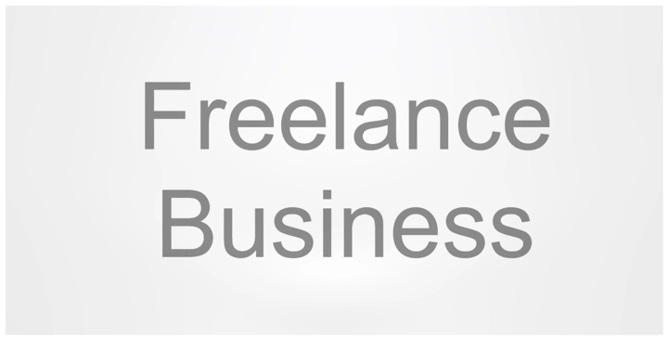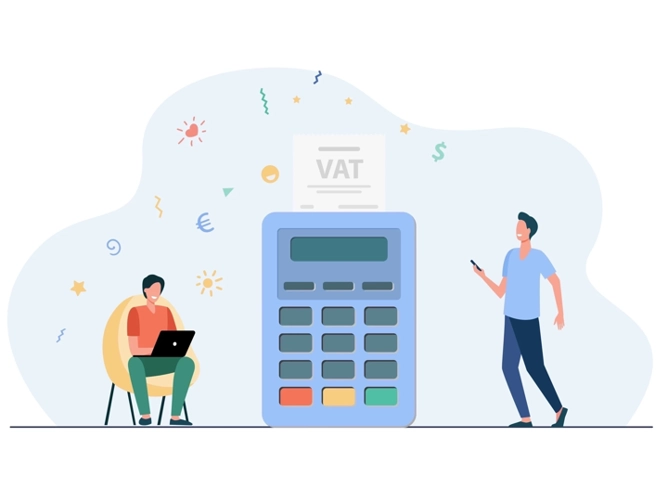
Navigating Business Setup in Germany for Expats
Navigating Business Setup in Germany for Expats
The Ultimate Guide to Starting a Business in Germany as a Foreigner
Introduction
Have you ever dreamed of launching your own business in Germany, only to be overwhelmed by the maze of paperwork, unfamiliar regulations, or the language barrier? You’re not alone. Many expats arrive with entrepreneurial ambitions but quickly find themselves tangled in German bureaucracy and unsure of where to begin. The good news: you don’t need to be a fluent German speaker or a bureaucracy expert to succeed.
At liveingermany.de, we’ve guided thousands of internationals and expats through the practicalities of German life, including the complexities of starting a business. This comprehensive guide is your one-stop resource, designed to demystify the process, offer actionable steps, and connect you with trusted resources. Backed by first-hand experience, official sources, and a deep understanding of expat challenges, this article will empower you to move from confusion to confident business owner in Germany.
Expat Challenges and Context
The Emotional and Practical Hurdles
Setting up a business in a new country is as much an emotional journey as it is a bureaucratic one. For many expats, the German system feels intimidating: forms in German, strict deadlines, and a culture that prizes documentation and precision. It’s common to feel anxious about missing a crucial step or failing to meet an obscure requirement.
Take Anna, an expat from the US, who arrived in Berlin with a startup idea. She quickly realized that, unlike in her home country, she couldn’t simply open a business bank account or register her business online without first securing the right visa and assembling a mountain of paperwork. Her experience is typical—according to official sources, Germany welcomes foreign entrepreneurs, but the process differs based on your nationality and business model.
The Opportunity
Despite the challenges, Germany offers a stable, innovation-driven environment for entrepreneurs. Whether you’re from the EU or a non-EU country, you can establish a business—provided you follow the right steps and understand the requirements. For non-EU nationals, successful entrepreneurship can even lead to long-term residence or a settlement permit (Wise).
Step-by-Step Guide: Starting Your Business in Germany
1. Visa and Residence Requirements
For Non-EU/Non-EFTA Nationals
- Apply for a residence permit for self-employment before arriving in Germany, via the German embassy or consulate in your home country (Amnistreasury).
- Citizens of certain countries (including the US) can enter visa-free for 90 days to plan and set up their business.
- Others must apply for a Schengen business visa (€90, processing time 10–15 days).
- Initial permits are typically limited in duration, but can be extended or converted to a settlement permit if your business is successful (Fintiba).
For Existing Residents
If you already hold a residence permit for another purpose, you may be able to switch to self-employment, subject to certain conditions.
2. Setting Up Your Business
Step 1: Prepare Essential Documents
- Business Plan: A detailed business plan is crucial for both the visa process and convincing banks or partners (Fintiba).
- City Registration (Anmeldung): Register your address at the local Bürgeramt as soon as you arrive (Amnistreasury).
- Business Bank Account: Essential for managing transactions, taxes, and credibility.
Step 2: Choose the Right Legal Form
Germany offers several business structures:
- GmbH (Limited Liability Company): Requires notarized documents and a minimum share capital.
- Sole Proprietorship (Einzelunternehmen): Easier setup, but may require proof of freelance registration.
Step 3: Complete Administrative Requirements
- Notify the Tax Office (Finanzamt): Register your business for tax purposes.
- Set Up Your Business Location: You’ll need a physical address for registration.
3. Banking Requirements
Opening a business bank account is mandatory. Non-residents may face additional scrutiny and documentation requirements. Each business structure has specific banking needs, so research which bank best fits your model (Wise).
4. Costs and Considerations
Costs vary by business type and legal structure. Factor in notary fees, share capital, visa costs, and ongoing compliance. Careful planning and a clear understanding of German business law are essential for success. For non-EU nationals, successful business activity can open the door to permanent residence.
Explore More Business-in-Germany Resources
Verpflichtungserklärung Process in Germany
The Verpflichtungserklärung process is essential for expats who wish to invite friends or family for a short-term visit. This guide explains the difference between an obligation letter and an invitation letter, the financial and documentation requirements for sponsors, and the practical steps needed to apply. Understanding this process not only helps you support loved ones but also ensures you remain compliant with German authorities, avoiding costly mistakes or invalidation of your application.
Inviting Family and Friends to Germany
Inviting loved ones to Germany can be a bureaucratic challenge. The article on inviting family and friends details the types of invitation letters needed for various purposes, such as business or family visits, and outlines the host’s obligations. It’s particularly useful for business owners who may need to invite partners or clients for meetings or collaborations, ensuring you meet all the requirements for a smooth visa process.
Getting Married in Denmark Guide
For expats considering marriage, getting married in Denmark is a popular option due to its streamlined process. This guide covers eligibility, required documents, application procedures, and the legal implications for registering your marriage in Germany. It’s a valuable read for entrepreneurs with international partners or those planning to settle long-term.
Essential Steps When Leaving Germany
If your business plans change or you decide to relocate, the guide to leaving Germany is indispensable. It walks you through deregistration, contract cancellations, and tax refunds to ensure a hassle-free transition. This is especially important for business owners to avoid legal and financial pitfalls.
Re-entry Certificate for Germany
Expats who travel frequently for business should understand the re-entry certificate process. This article explains how to maintain your residence status while spending extended periods abroad, detailing the notification requirements and documentation needed for different visa types.
City Registration Process in Germany
Registering your address is the first step for any expat, entrepreneur, or freelancer. The city registration (Anmeldung) guide explains how to book appointments, what documents you need, and the consequences of missing deadlines. It’s a must-read for anyone starting a business, as registration is often required for opening a bank account or signing contracts.
Navigating Bureaucracy in Germany
The bureaucracy guide introduces LiGa, a chatbot that helps expats navigate German administrative processes. It covers paperwork, regulatory compliance, and official procedures, making it a valuable tool for business owners and newcomers alike.
Practical Tips for Expats: Starting a Business in Germany
- Prepare Your Documents Early: Compile your business plan, proof of address, and identification before starting the process. Delays often occur due to missing paperwork.
- Register Your Address Promptly: The Anmeldung is essential for almost every step—banking, contracts, and even SIM cards.
- Choose a Bank That Caters to Expats: Some banks, like Wise Business or N26 Business, offer English-language support and easier onboarding for non-residents.
- Understand Your Tax Obligations: Register with the Finanzamt early and consider consulting a tax advisor to avoid penalties.
- Network with Other Entrepreneurs: Join expat and startup groups in your city to learn from others’ experiences and stay updated on regulatory changes.
Reflective question: What’s your biggest worry about starting a business in Germany—bureaucracy, banking, or something else?
Contextual Affiliate CTAs
Need an expat-friendly business bank account? Try Wise Business—fast, multi-currency accounts with low fees, ideal for international entrepreneurs. Get started.
(Affiliate link – we may earn a commission at no extra cost to you.)
Looking for a German bank with English support? N26 Business offers modern online banking tailored for freelancers and business owners. Open your account.
(Affiliate link – we may earn a commission at no extra cost to you.)
Conclusion
Starting a business in Germany as a foreigner might seem daunting, but with the right guidance, resources, and mindset, it’s entirely achievable. Remember, you’re not alone—thousands of expats have navigated the same journey and built successful enterprises here. Use the resources above, connect with the expat community, and take your first step with confidence.
Verbified as of May 2025. For the latest updates, always check official German government sites and trusted expat resources.
Sources:
- NRW Global Business
- Wise Guide
- Fintiba
- Amnistreasury
Live in Germany is a trusted resource for expats, with guides used by thousands. Affiliate links help support our content at no extra cost to you.


![Best Electronic Stores in Germany [incl. Refurbished Stores]](https://liveingermany.de/images/electronic-stores-in-germany/best-top-electronic-stores-in-Germany-including-refurbish-stores-in-Germany.svg.webp-668w.webp)


